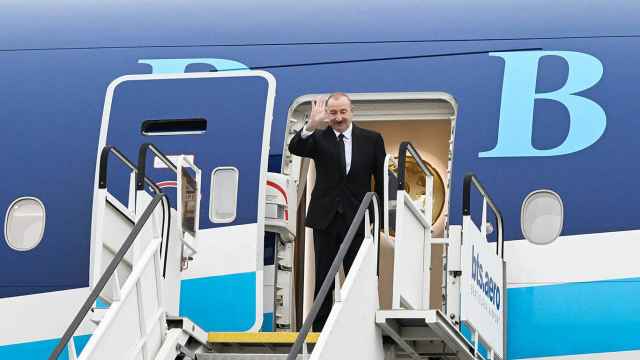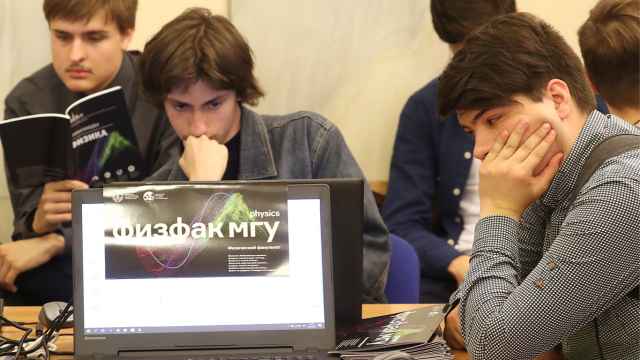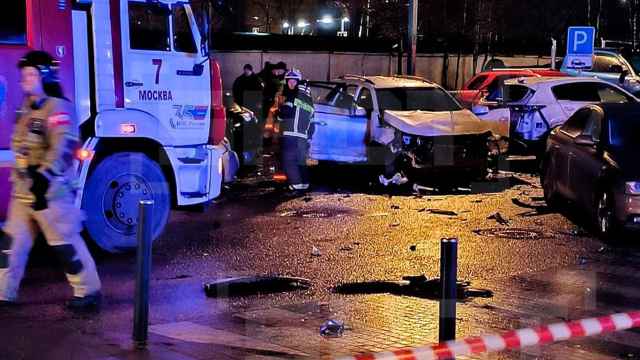Working from a map and notes that were among the possessions of a dead German air force radio operator, Hans-Peter Haustein maintains that he has now pinpointed the location of the treasure buried in the mountains in the state of Saxony on the Czech border.
Haustein said he would give more details about his discovery at a news conference Friday.
The claim has been met with skepticism by experts, who point out that stories of the Amber Room surface regularly, only to be proved wrong.
"We hear people saying they found the Amber Room three or four times a year," said Larisa Bardovskaya, director of the Tsarskoye Selo museum outside St. Petersburg that housed the original Amber Room and has displayed a copy of it since 2003.
A Message from The Moscow Times:
Dear readers,
We are facing unprecedented challenges. Russia's Prosecutor General's Office has designated The Moscow Times as an "undesirable" organization, criminalizing our work and putting our staff at risk of prosecution. This follows our earlier unjust labeling as a "foreign agent."
These actions are direct attempts to silence independent journalism in Russia. The authorities claim our work "discredits the decisions of the Russian leadership." We see things differently: we strive to provide accurate, unbiased reporting on Russia.
We, the journalists of The Moscow Times, refuse to be silenced. But to continue our work, we need your help.
Your support, no matter how small, makes a world of difference. If you can, please support us monthly starting from just $2. It's quick to set up, and every contribution makes a significant impact.
By supporting The Moscow Times, you're defending open, independent journalism in the face of repression. Thank you for standing with us.
Remind me later.





